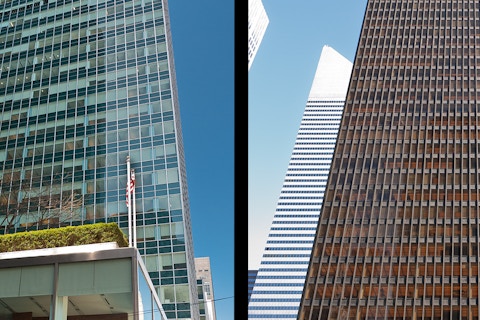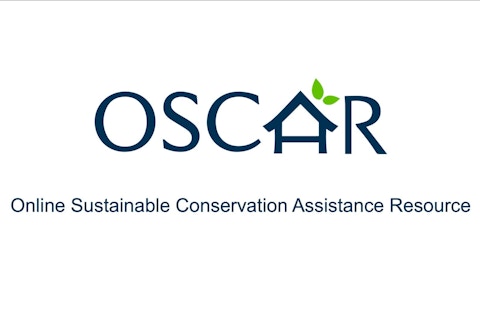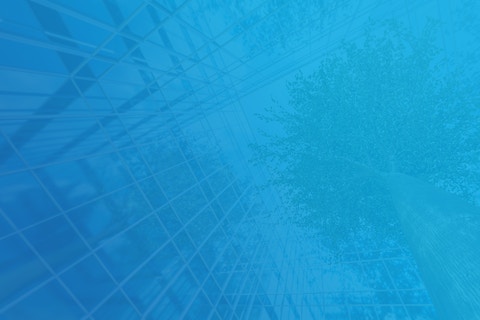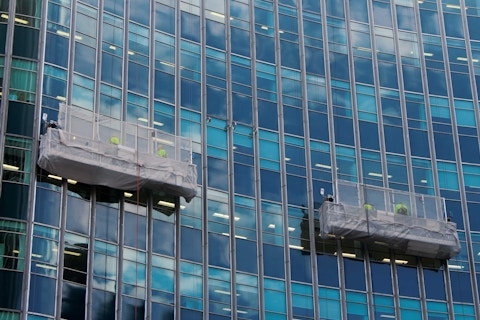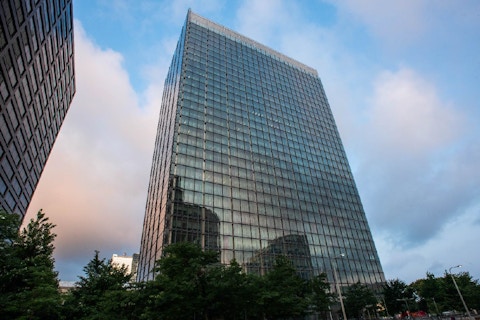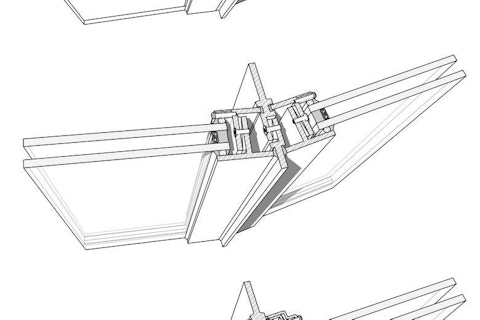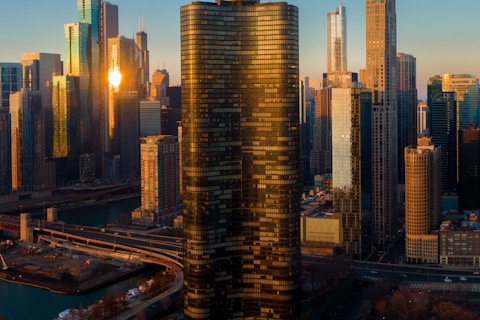Going Viral: Engaging in the age of C-19
As March rolled in, we were steamrolling toward Facades Week: LA! and our third World Congress. We were excited; registrations and sponsorship were running far ahead of past events and we were expecting record-breaking participation. We had over 100 peer-reviewed papers of remarkable quality in the program queue, with authors flying worldwide to LA to present. The European Facade Network had curated a track of their own for the World Congress. There were some truly excellent tours, workshops, receptions and other Facades Week events lined up such that I couldn’t make up my mind which to attend. Then C-19 raised its ugly head and we all know the rest.
As the looming pandemic came into focus, we at FTI went through about 24 hours of denial then stared down the gaping maw of the new Corona reality and postponed everything. We talk a lot about disruptive change, but usually in the context of technology, not viruses. But here we are, along with the rest of the world, learning all kinds of new and unexpected lessons. At FTI we are nothing if not resilient, so we quickly recalibrated and started work building on the existing momentum into the upcoming months and our new Facades Week schedule of August 3rd with the World Congress on the 5th and 6th.
One unfortunate consequence of postponing our scheduled March World Congress was delay in releasing the excellent peer-reviewed papers—over 100 strong—scheduled for presentation and release in the event proceedings. To whet your appetite in advance of the published proceedings, we are releasing select papers in the months leading up to the rescheduled event, starting here! In addition, we are planning a podcast series to commence in the next few weeks and we are preparing a strategic initiative to up our virtual media game, which we will be sharing with you to solicit your feedback.
It is a time of considerable uncertainty and we can only hope, for so very many reasons, that C-19 is in the rearview mirror worldwide as quickly as possible. At the same time, we must prepare for whatever this unprecedented development brings our way. We are all challenged with where to go from here and how to get there. A virtual Facades Week? A virtual World Congress? Certainly, a more sustainable proposition than hundreds of people flying into LA from across the nation and around the world. But many registrants and sponsors are skeptical about the value of going virtual with these events, so is it really more sustainable if event participation drops? We’ll be reaching out to gather your input on this as well. There is opportunity in any crisis. The opportunity here is to lead the way in exploring and developing a robust virtual platform for engagement and knowledge sharing.
This month we also take a look at how C-19 is impacting the design and academic sectors of our industry. While much of corporate America is making a more or less smooth transition to the virtual workspace while working from home, a spectrum of problems is emerging from other sectors. Cajsa Carlson writes for Dezeen on the challenges facing the design community. Another sector facing critical challenges is that of schools and academic institutions. Like most professors and with little warning, I’ve had to convert my architecture class to online delivery. Students are frustrated with the experience. While a virtual platform like Zoom may work for meetings, presentations and lectures, it is problematic for the more interactive 3D activities characteristic of architecture studio classes. Our FTI education committee would love to hear from architecture students and faculty about their classroom experiences during the C-19 disruption. The pandemic has also laid bare the inequality growing worldwide, including on our college campuses (see the College Made Them Feel Equal article). I recall my surprise on first discovering that many of the metric systems for measuring sustainable development list growing inequality as the number one barrier to sustainable outcomes. This should concern us all, as it will impact us all.
More positive and forward-looking content this month includes, Ajla Aksamija, a professor of architecture at UMass and the chair of FTI’s education committee, has developed a new educational program aimed at building professionals focusing on sustainable and high-performance building facades; a new book focuses on the facade renovation of Modern-era buildings; our own Helen Sanders provides a sneak-peek of one of the workshops that will take place at the rescheduled FTI World Congress in August, Metals in Construction announces the winner and finalists of its Transform a Facade competition, and our friends at the Carbon Leadership Forum announce a new online seminar series on the carbon impacts of wood.
Please let us know your thoughts on these or other matters by emailing skins@facadetectonics.org. Also, please submit your original contributions to SKINS, or just forward web accessible content you think might be relevant to our network. We will, of course, credit your contribution.
We at FTI wish you all good health and wellness.

Mic Patterson, PhD LEED AP+
Editor, SKINS
Facade Tectonics Institute
Looking for something specific?
Search our extensive library.
FTI’s SKINS email is the central source for the latest in building skin trends and research.
All emails include an unsubscribe link. You may opt out at any time. See our privacy policy.

